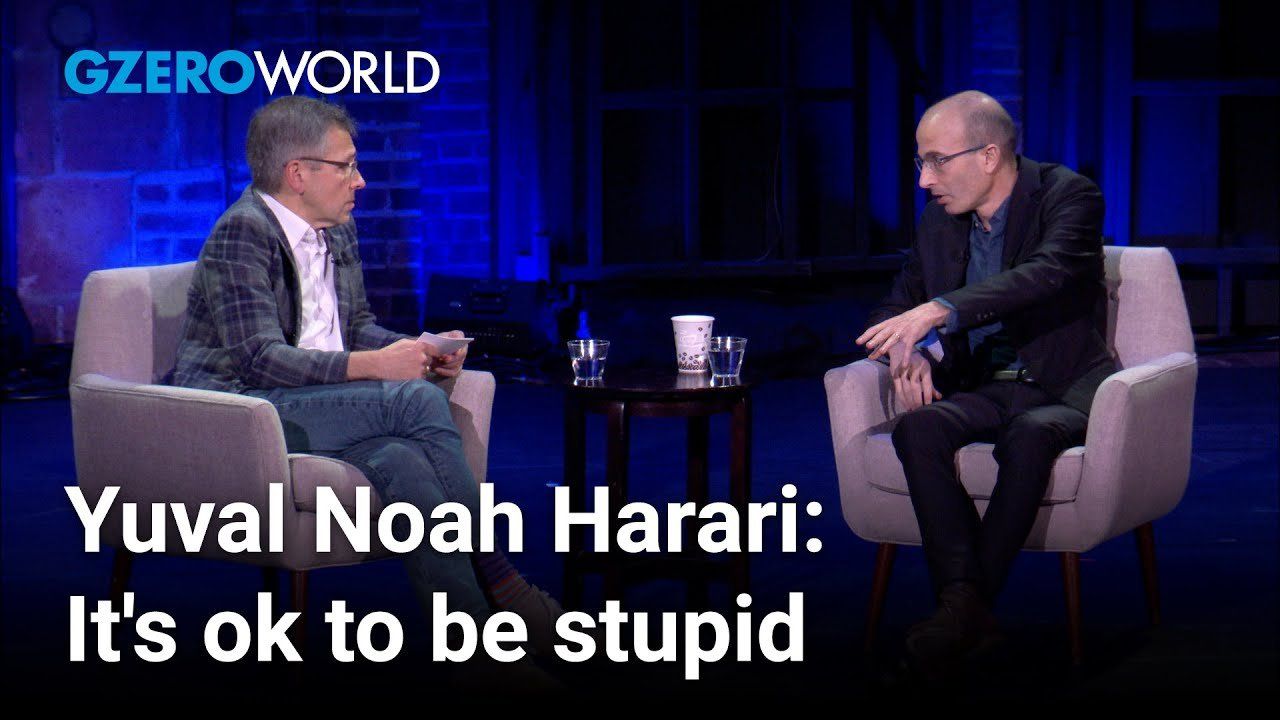
Bestselling author and historian Yuval Noah Harari makes the case for mental self-care in an age where our minds are bombarded with an unprecedented influx of information. In a wide-ranging interview with Ian Bremmer, filmed before a live audience at the 92nd Street Y in New York City, Harari stresses the importance of a healthy ‘'information diet.'
"Our minds were shaped back in the Stone Age," Harari says. Smartphones and social media, designed by the today’s smartest minds, are engineered to 'hack our brains and manipulate our emotions. Harari warns, "Anybody who thinks they are strong enough to resist it is just fooling themselves."
As a public intellectual, Harari is acutely aware of the weight of his words. "We need to build a wall between the mind and the mouth," he tells Bremmer. "I also think that we need a part of preserving privacy is to preserve the right for stupidity."
Watch full episode: Yuval Noah Harari explains why the world isn't fair (but could be)
Catch GZERO World with Ian Bremmer every week online and on US public television. Check local listings.
- Podcast: Tracking the rapid rise of human-enhancing biotech with Siddhartha Mukherjee ›
- Why is America punching below its weight on happiness? ›
- Is life better than ever for the human race? ›
- Podcast: The case for global optimism with Steven Pinker ›
- Why human beings are so easily fooled by AI, psychologist Steven Pinker explains ›